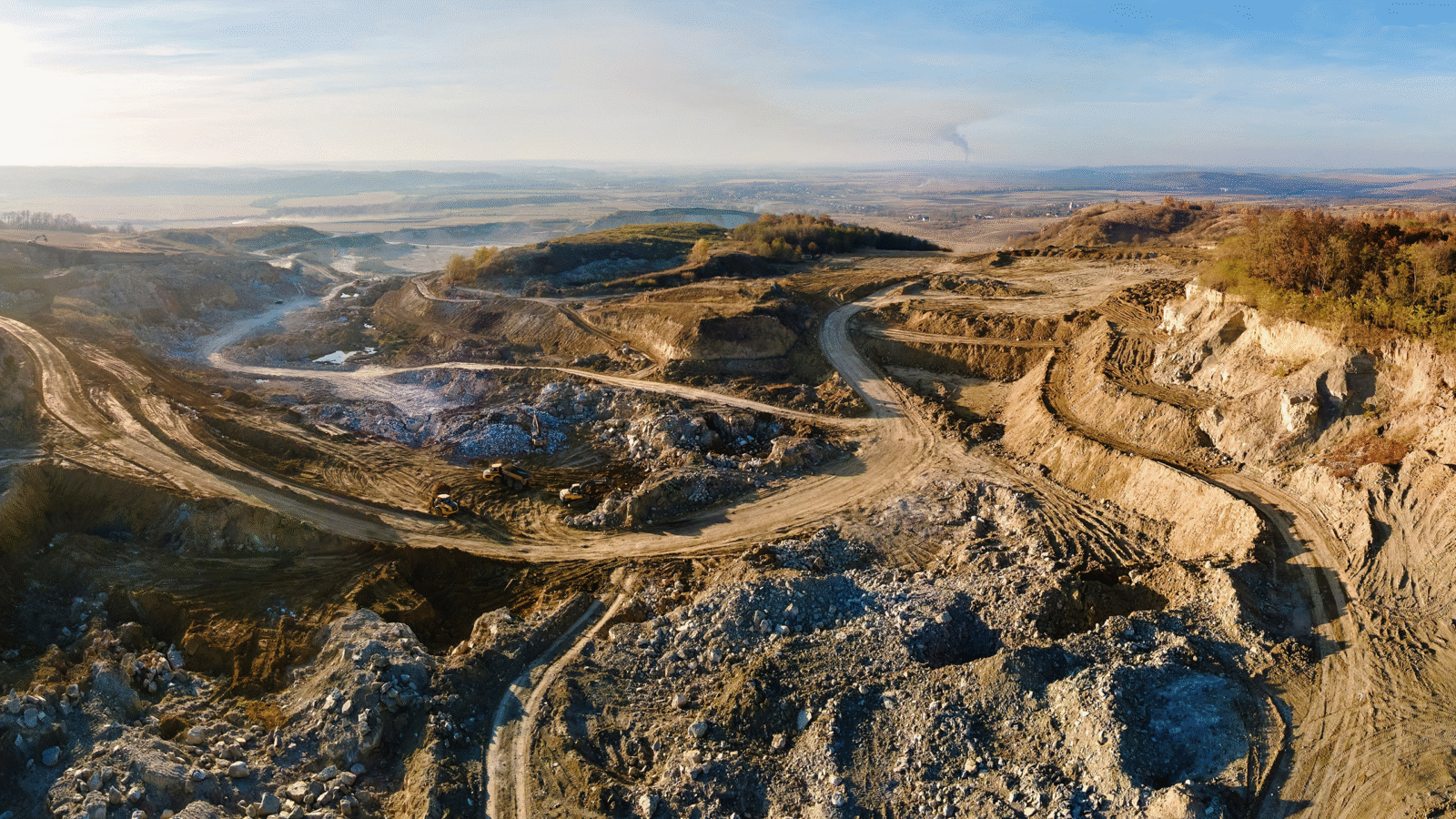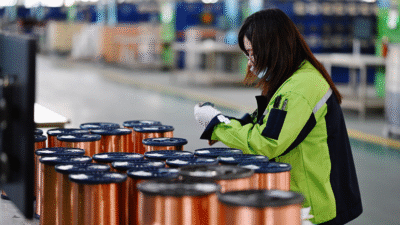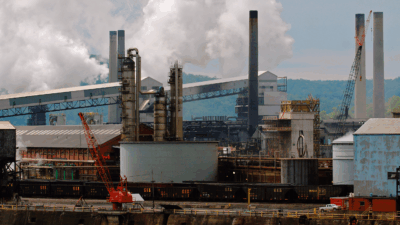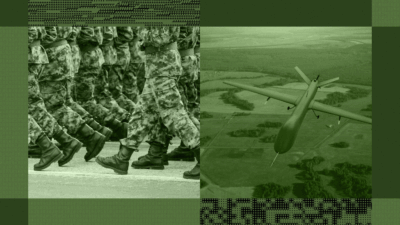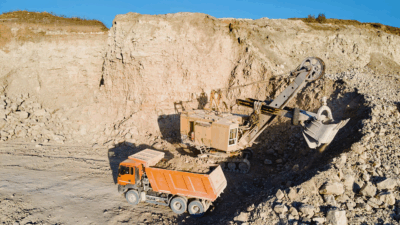Climate Change and Regulations Squeeze Alaska’s Salmon Fishers
Salmon fishers in Alaska face a cascade of challenges as state regulators implement a series of restrictions to prevent overfishing.
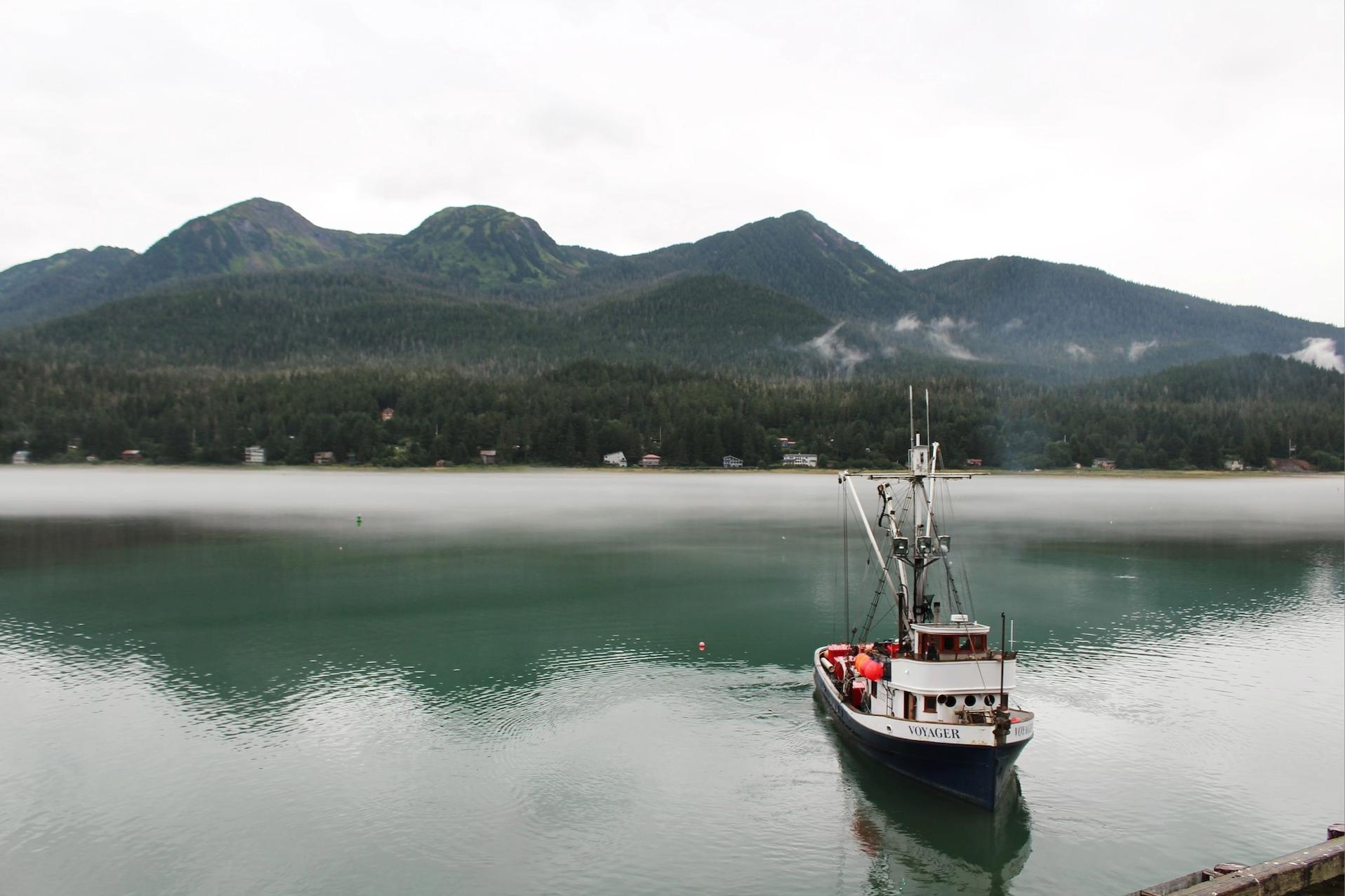
Sign up for smart news, insights, and analysis on the biggest financial stories of the day.
Give a man a fish, he eats for a day. Teach a man how to fish, and he may live to regret the havoc climate change wrecks on the fish’s natural habitat.
Salmon fishers in Alaska face a cascade of challenges as state regulators implement a series of restrictions to prevent overfishing of a species that’s struggling to survive in rapidly warming waters brought by climate change, according to a Wall Street Journal report last weekend.
Put a Sockeye in It
Alaska’s biodiverse sea stock typically fuels a $6-billion-a-year fishing industry. But in the Kenai River, one of the state’s most heavily fished regions, it’s a tale of two fish. Sockeye salmon continue to thrive, with their supply still plentiful. But king salmon — or chinook salmon, the largest in the region — have been particularly hit hard. A four-degree warming sparked by a 2019 heat wave was enough to decimate the population, according to the WSJ, with this summer’s spawning season producing less than a third of pre-2019 levels.
To prevent overfishing king salmon, Alaska’s Department of Fish and Game outlawed fishing nets in the region for the first time ever. Unfortunately for local fishers, that makes catching sockeye, who swim in the same waters as Chinook, a difficult task:
- According to a local trade group, the United Cook Inlet Drift Association, roughly 2.3 million sockeye have gone unfished this year compared to typical times, costing the region’s fishermen as much as $23 million.
- One local fisherman told the WSJ he’s made no money this year, after a decade that saw his annual revenue drop from $600,000 in 2011 to $60,000 in 2022.
“Fisheries cannot be managed for one user group for one species at the detriment of other species,” said Alaska Governor Mike Dunleavy. “That’s the balancing act. In times of plenty, there’s not a problem.” Translation: Go fish — just not with a net.
